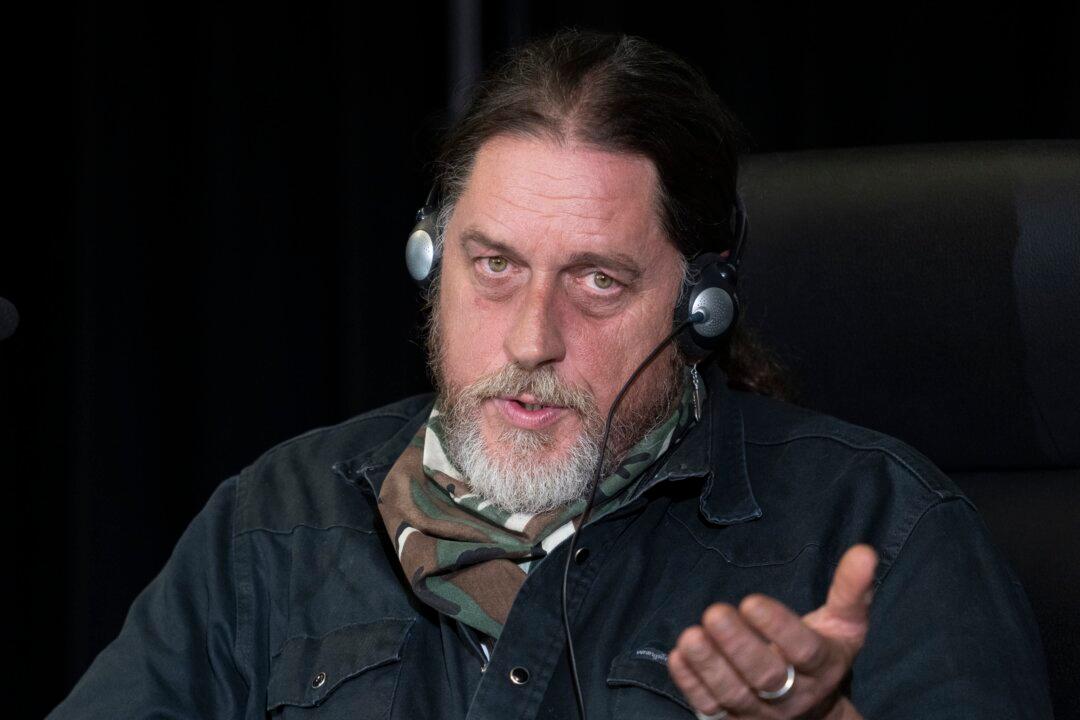A spokesperson for the Quebec group Farfadaas testified before the Public Order Emergency Commission on Tuesday and disputed repeated claims heard in recent weeks that the group was blocking a key intersection in Ottawa during the Freedom Convoy protest of last winter.
“We didn’t occupy Rideau and Sussex,” Steeve Charland told the commission a number of times.





